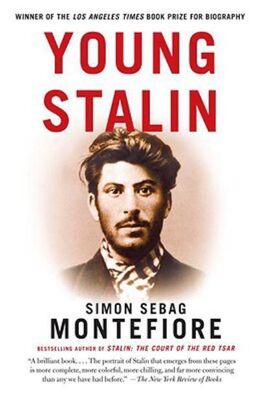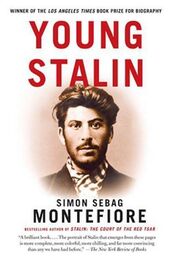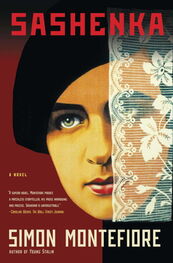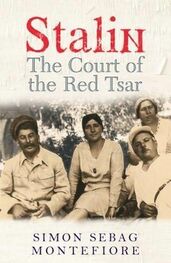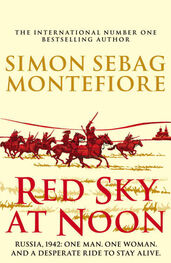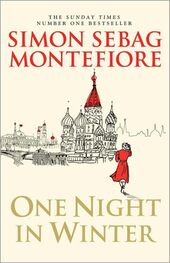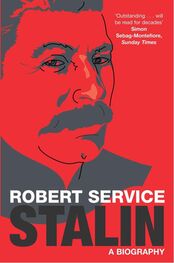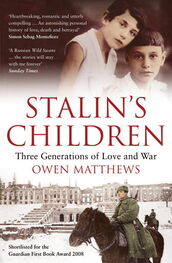Alexandra Kollontai always treated Stalin with old-world courtesy: she served as his Swedish Ambassador and died naturally. Dybenko was shot in the Great Terror.
Since he used Vasily as his Party alias, he in some ways named his son after himself.
Sukhova’s later memoirs are unpublished. Natasha Kirtava and Alvasi Talakvadze became Party workers in Batumi and lived into old age, revered for their early association with Stalin. Stefania Petrovskaya, his fiancée in Baku, remained a Party member and was implicated in the Slepkov Case of 1932–33. Slepkov himself was spared in 1932, then shot in 1937, but her fate is unknown. Serafima Khoroshenina, Stalin’s partner in Vologda, was alive in the 1930s and recorded her memoirs, but her fate is likewise unknown.
Georgia caused Stalin’s schism with Lenin. Menshevik Georgia became independent in 1918. The Old Man was content to leave Georgia, but in 1921 Stalin and Sergo Ordzhonikidze arranged a successful invasion. The dashing, merciless Sergo rode triumphantly into Tiflis on a white horse, but he soon earned the nicknamed “Stalin’s Ass” for his brutal suppression of the country. When it came time to define the status of Georgia, Stalin insisted that it join a Transcaucasian Federation, but the local Bolsheviks, led by the flamboyant Mdivani and the ideologue Makharadze, both associates of Stalin’s for decades, demanded a separate Georgian republic. In the ensuing row between the Stalinists and the so-called deviationists, Sergo punched one of their opponents. This outraged Lenin, who now supported the Georgians against Stalin and Sergo. This led to Stalin’s insulting Lenin’s wife, Krupskaya. Lenin wrote his Testament, which demanded Stalin’s removal from the General Secretaryship. But it was too late. Lenin suffered another stroke. Stalin survived.
The Mensheviks enjoyed a strange trajectory: Karlo Chkheidze, as we saw, became the most powerful man in the early 1917 Revolution as Chairman of the Petrograd Soviet, while his fellow Georgian Menshevik Irakli Tsereteli became a powerful Russian minister during the summer of 1917. But when the Bolsheviks seized power, Chkheidze, Jordania, Tsereteli and Noe Ramishvili became the leaders of the independent Georgia. When the Bolsheviks invaded, they managed to flee into exile. Chkheidze committed suicide in 1926, Ramishvili was murdered in Paris in 1930. Jordania, Uratadze, Arsenidze, Sagirashvili and Nikolaevsky all survived in exile and wrote their memoirs. Sukhanov, who called Stalin a “grey blur,” was shot in the Great Terror.
Tsintsadze joined the Georgian Cheka in 1921, and he too wrote his memoirs, at the same time as Kamo—but he was considerably more tactful. He joined the Georgian “deviationists” opposition to Stalin and was dismissed. Arrested as a Trotskyite, he died of TB in prison in 1930.
The Egnatashvilis had known Beria since 1918 in Baku, where he was a Bolshevik double-agent in the Azeri Musavist Party—or vice-versa. When Beria fell ill, the Egnatashvilis nursed their fellow Georgian. When Beria became Caucasian viceroy, then NKVD boss, he tried to keep a monopoly of information and influence in the Caucasus. Yet the Egnatashvilis were independent of Beria. Furthermore Sasha Egnatashvili served in Stalin’s Guards Department under chief bodyguard General Vlasik, which was also outside Beria’s power, a situation that Beria constantly tried to remedy. After the Second World War, Beria accused Vlasik of corruption in selling the gigantic quantities of food for Stalin prepared at the Base. Vlasik counteraccused Beria of corruption and managed to survive, but Egnatashvili, who ran the Base, would probably have been implicated. The duel between Beria and Vlasik for control of the guards lasted until Stalin’s death. This is the first time that the story of General Egnatashvili and his wife has been told. It fits into a pattern. After the suicide of his wife, Nadya, Stalin distrusted the spouses of his courtiers. The pretty young wives of Alexander Poskrebyshev, his chef de cabinet , and Marshal Kulik, his military crony, were shot; the wives of the head of state, Kalinin, and Foreign Minister, Molotov, were arrested. Yet all these men continued to serve him devotedly without a word. See Stalin: The Court of the Red Tsar .
Mikha Tskhakaya, the greybeard who had promoted and protected Stalin in the early years before turning against Lenin and retiring to Genevan exile, survived to die in 1950 in his bed, an honoured Old Bolshevik. Inexplicably, Makharadze was allowed to survive the Terror. Stepan Shaumian, Stalin’s roommate in London and junior partner in the Tiflis bank robbery and then Baku, was the brutal master of the Baku Commune in 1918 when he oversaw the murder of around 15,000 Azeris. He was then overthrown and shot by the Whites and the British as one of the legendary Twenty-six Commissars. Stalin then adopted Shaumian’s son, Levan, and brought him up in his own household. Stalin’s Siberian roommate and Soviet head of state Yakov Sverdlov died of influenza in 1919.
His Jewish wife, Polina, was equally devoted to Stalin and became a Deputy Commissar in her own right, but her strident feminism irritated Stalin, while her friendship with Nadya made him uneasy. He almost destroyed her in 1939, considered having her murdered in a car crash and finally forced Molotov to vote for her arrest in 1949. The full story is in Stalin: The Court of the Red Tsar .
